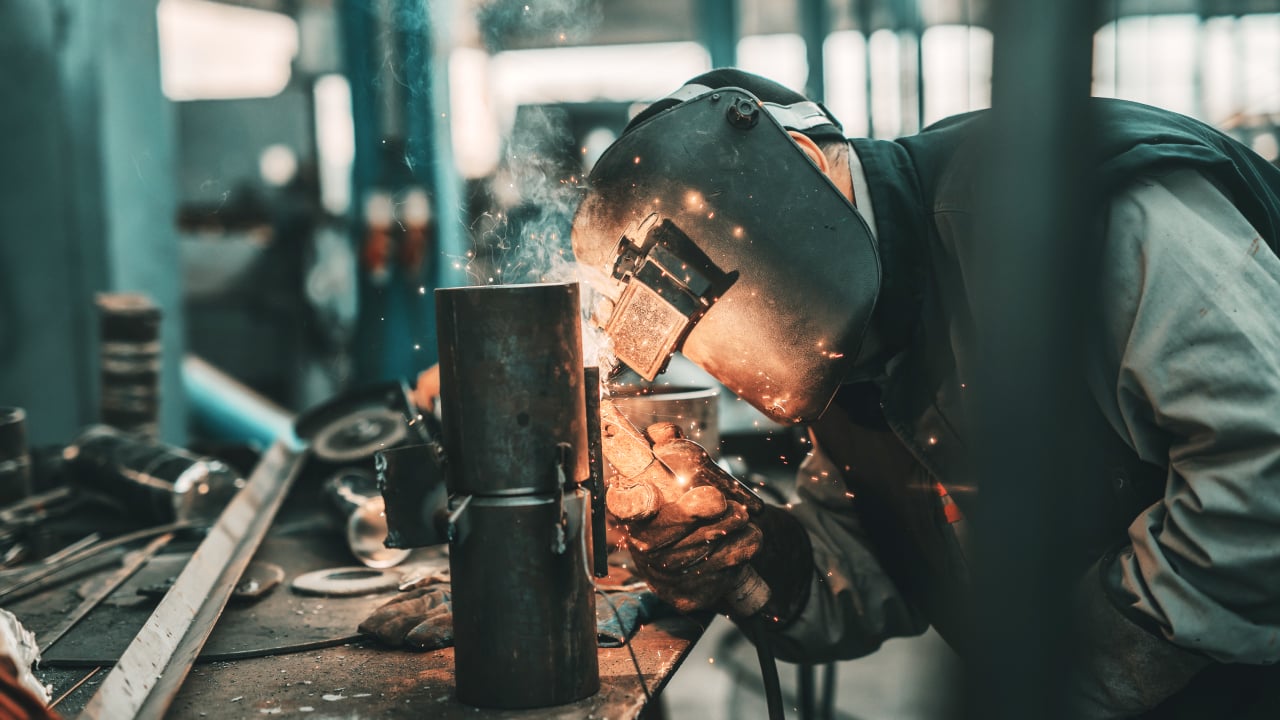Industrial Welding Occupation

Welding is a process used to join materials, primarily metals. Welding work or structures that are critical and impact lives and property—such as large building structures, industrial plants, oil refineries, high-pressure tanks, offshore oil rigs, and ocean-going vessels—must adhere to internationally recognized standards. Welding is conducted in various industrial environments, including open areas, confined spaces, underwater, and hazardous locations, such as large oil storage tanks, chemical production facilities, and flammable material plants. Welding poses significant risks due to the use of electrical currents or open flames, which can lead to fires, burns, and other dangers to workers. Without proper precautions, welding may cause health hazards such as exposure to electric currents, heat, sparks, welding fumes, toxic gases, arc radiation, hot workpieces, and dust particles. The welding profession requires extensive knowledge, skills, and expertise. Every welder must pass competency tests and obtain certification according to skill level. This ensures that personnel in the profession can enhance their capabilities, remain competitive, gain national and international recognition, and perform welding tasks efficiently and safely. For more information on Occupational Standards in the Industrial Welding Occupation,visit: http://tpqi-net.tpqi.go.th/home/occ/industrialInfo/WEL




